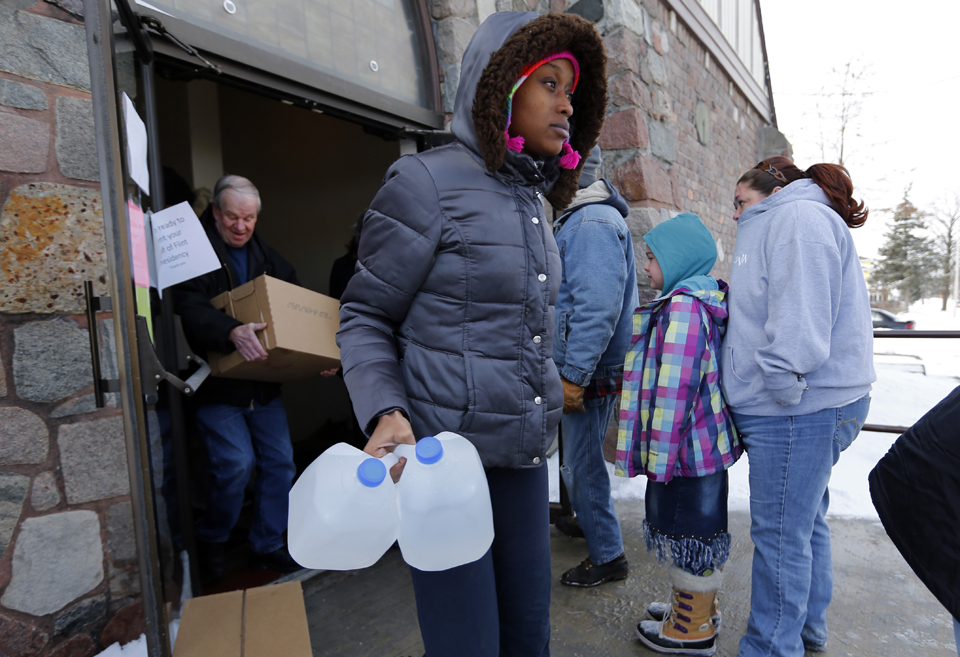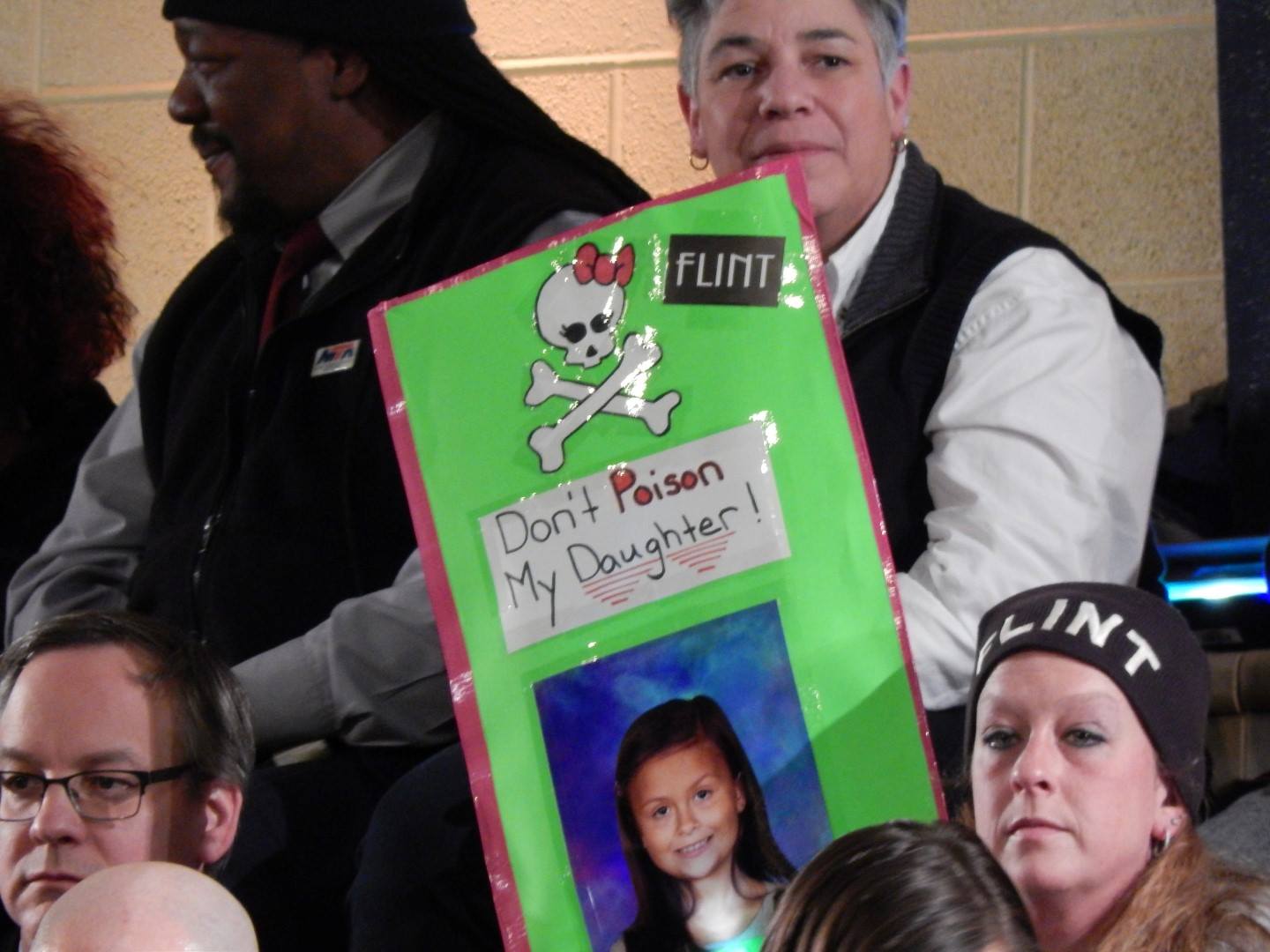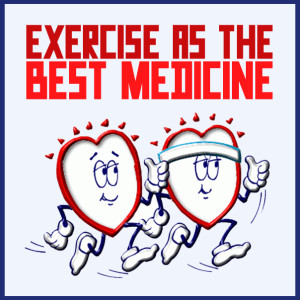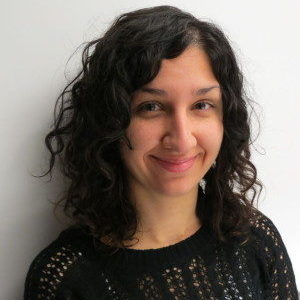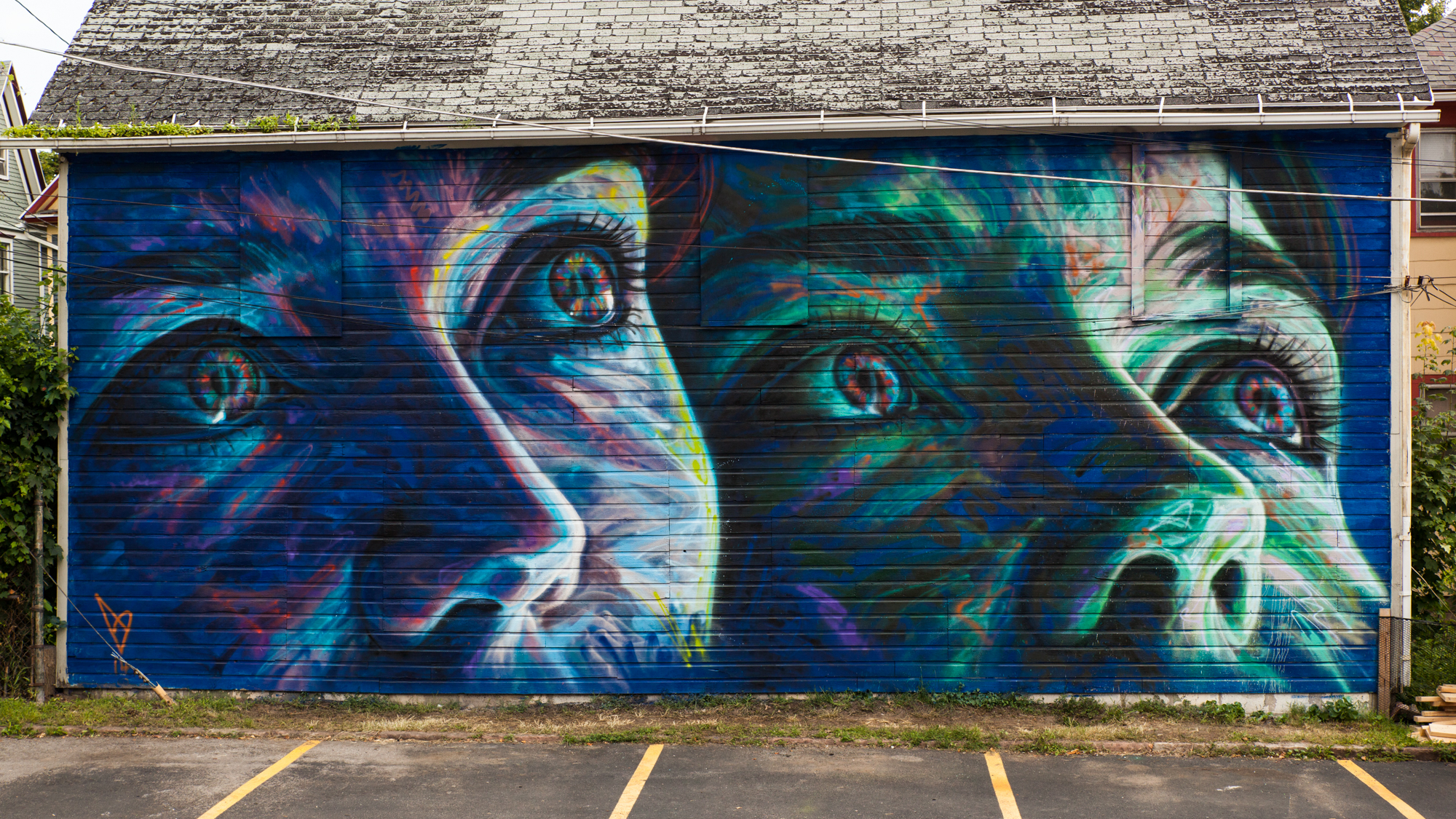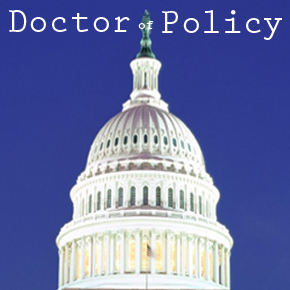Ten Lessons from Flint: Speaking Up & Getting Results — Part 2 of 3
Researchers like Professor Marc Edwards and Dr. Mona Hanna-Attisha were not the first people to speak up about the water crisis in Flint. In June of 2015, regional EPA employee Miguel A Del Toral, Regulations Manager of the Ground Water and Drinking Water Branch, issued an internal memorandum entitle “High Lead Levels in Flint, Michigan – Interim Report.” This document described the lack of corrosion control protocol and high lead levels. It was released to officials within the Environmental Protection Agency (EPA), Professor Edwards and Flint resident Lee Ann Walters, whose home water contained extremely high lead levels, as confirmed by city officials.

